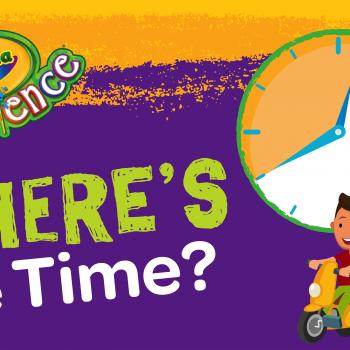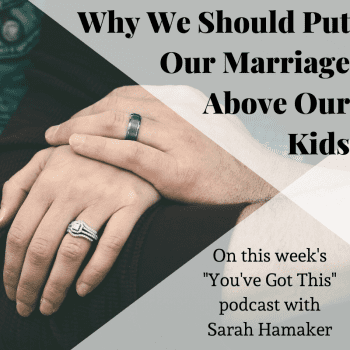In last week’s blog, we talked about how to help toddlers, preschoolers and younger elementary school age kids develop self-reliance. This week, we’ll focus on how to guide tweens and teens. While some of the same principles apply to all ages, kids age 10 and up have more challenges—and more capabilities—than the younger set.
Before we get to specifics, let’s look a little bit about why so many tweens and teens are not self-reliant. “In a world filled with instant gratification and parents who unintentionally do too much for their children, we are seeing greater numbers of teens and young adults who are not prepared to handle life on their own,” said Fern Weis, a parent empowerment coach at Your Family Matters.

“Today’s generation of young people has not developed some of the life skills kids did 30 years ago because adults swoop in and take care of problems for them,” pointed out Tim Elmore, president of Growing Leaders. “When we rescue too quickly and over-indulge our children with ‘assistance,’ we remove the need for them to navigate hardships and solve problems on their own. It’s parenting for the short-term, and it sorely misses the point of leadership—to equip our young people to do it without help. Sooner or later, kids get used to someone rescuing them. In reality, this isn’t even remotely close to how the world works, and therefore it disables our kids from becoming competent and self-reliant adults.”
“I believe that, as Christian parents, our duty is to teach children to live under the authority of God,” added Erin Wiley, a licensed clinical psychotherapist who specializes in parenting and marriage. “We do that by first teaching them to live under the authority of their parents. Helping them become self-reliant is our job, with the goal ultimately to release our children into the world as God-honoring, productive, compassionate adults.”















